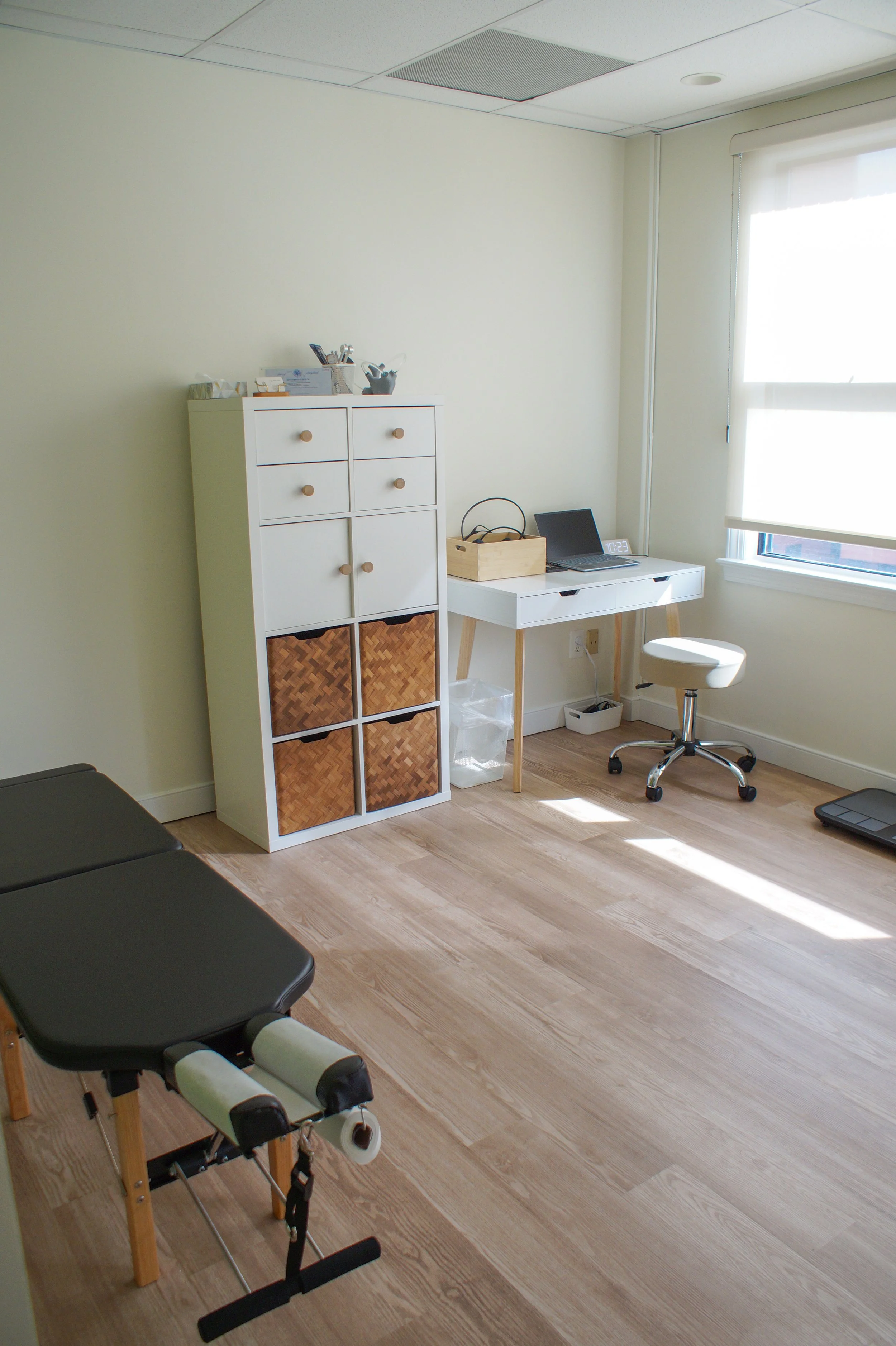
Persistent Postural-Perceptual Dizziness (PPPD)
What is PPPD?
Persistent Postural-Perceptual Dizziness (PPPD) is a chronic vestibular disorder characterized by persistent dizziness, unsteadiness, and hypersensitivity to motion. Unlike acute vestibular conditions, PPPD is not caused by structural damage but rather by a functional disruption in the brain and nervous system. PPPD can significantly impact daily life, making it difficult to work and socialize.
Symptoms of PPPD
Persistent dizziness or non-rotational vertigo lasting three months or longer.
Unsteadiness or a sensation of imbalance, especially in upright positions.
Sensitivity to visual motion, such as scrolling on a screen or large crowds.
Heightened discomfort in busy environments, such as grocery stores or malls.
Symptoms that worsen with prolonged activity or stress.
Visual Motion Sensitivity and the Oculomotor System
One hallmark symptom of PPPD is visual motion sensitivity, where individuals feel overwhelmed or dizzy in response to moving visual stimuli. This can include situations like watching cars pass by, scrolling on a phone, or walking through crowded or busy spaces.
The oculomotor system, which controls eye movements, plays a crucial role in maintaining spatial orientation and balance. Dysfunction in this system can lead to inappropriate visual input processing, exacerbating PPPD symptoms. When the brain struggles to integrate visual, vestibular, and proprioceptive information, it can create a sense of disorientation and dizziness. Abnormalities in eye movements may further contribute to the persistence of symptoms.
Doesn’t Sound Like YOU?
Explore Other Causes of Dizziness:
Causes of PPPD
PPPD often develops after an initial vestibular event or stressor, such as:
Vestibular Disorders: Conditions like vestibular neuritis, BPPV, or labyrinthitis.
Head Trauma: Concussions or whiplash injuries that affect the vestibular or visual systems.
Anxiety or Stress: Psychological stress can exacerbate or trigger PPPD symptoms.
Migraines: Vestibular migraines are a common precursor to PPPD.
Diagnosing PPPD
At Clarity Brain and Body Clinic, we use a comprehensive approach to diagnose PPPD, including:
Vestibular Testing: To assess the function of the inner ear and balance system.
Oculomotor Assessment: Detailed evaluation of eye movements, including saccades, smooth pursuits, and gaze stability.
Postural Control Testing: To analyze balance and proprioceptive input.
Cognitive Testing: To quantify memory, reaction time, processing speed, and and address brain fog that may accompany PPPD.
Comprehensive Neurological Examination: To identify dysfunctions in brain pathways contributing to PPPD symptoms.
Functional Neurology’s Role in
PPPD Treatment
Functional neurology offers a non-invasive, personalized approach to treating PPPD by targeting the underlying dysfunctions in the nervous system. Treatment focuses on retraining the brain to process sensory input more effectively and restoring normal integration of visual, vestibular, and proprioceptive information.
Treatment at Clarity Brain & Body Clinic
Our evidence-based treatment plans may include:
Vestibular Rehabilitation Therapy: Exercises to improve balance and recalibrate the vestibular system.
Oculomotor Training: Techniques to enhance eye movement control and reduce visual motion sensitivity.
Visual-Vestibular Integration Therapy: To help the brain integrate visual and vestibular inputs more effectively.
Stress Management and Biofeedback: Tools to address the psychological factors that can worsen PPPD symptoms.
Balance and Postural Training: Exercises to improve stability and reduce unsteadiness.
Why Choose Clarity Brain and Body Clinic?
At Clarity Brain and Body Clinic, we understand the debilitating impact of PPPD and are committed to providing compassionate, individualized care. Dr. Timko uses cutting-edge functional neurology techniques that address not just the symptoms but the root causes of PPPD, empowering patients to regain control of their lives.
Take the First Step Toward Balance
If you are struggling with persistent dizziness and sensitivity to motion, you don’t have to struggle alone. Contact Clarity Brain and Body Clinic today to schedule a free discovery call and begin your journey to recovery.




